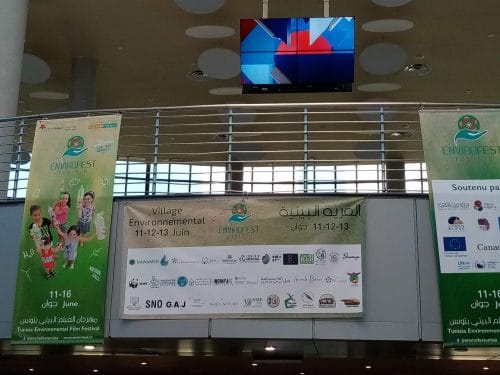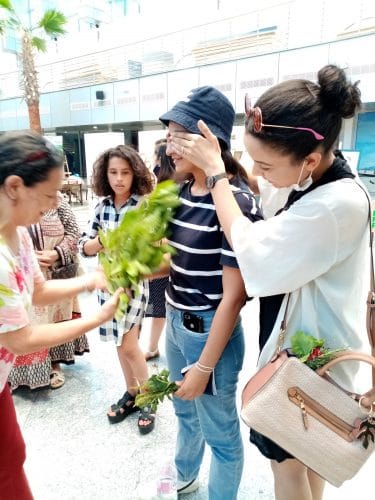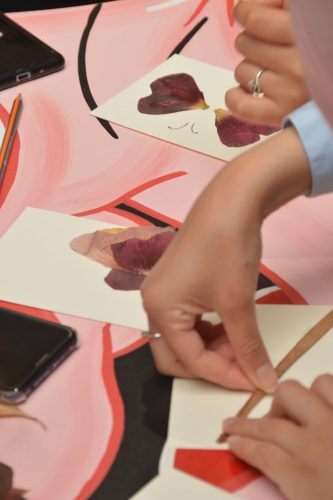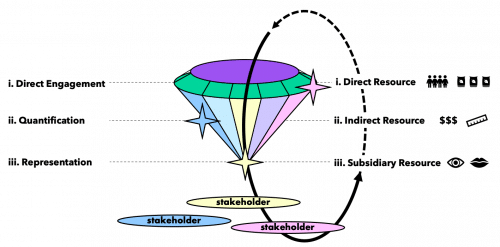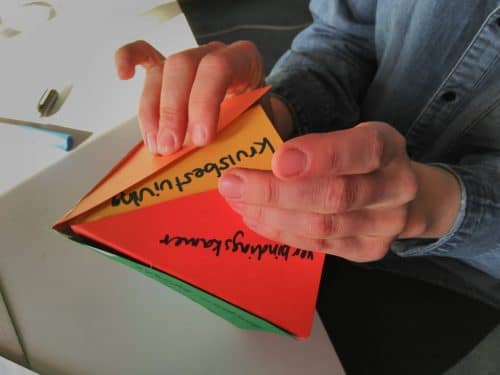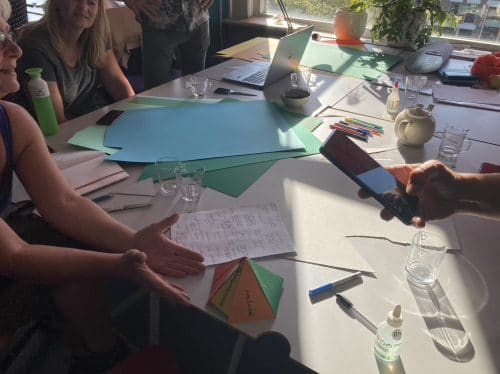The future of food: how to link health and sustainability? Conference in Barcelona, October 2021
The conference, co-organized by the University of Barcelona, the Barcelona Public Health Agency and the Barcelona City Council, is integrated in the multiple and various activities that are taking place in Barcelona and its metropolitan area the whole 2021, in which Barcelona is the World Capital of Sustainable Food.
The conference will discuss about the future of food: how to combine health and sustainability? and will gather the experience of the academy, the civil society and the public institutions in a reflective debate, The seminar will combine lectures, roundtables and discussions around: diet and health, the impact of the climate change on food systems, agro-ecology, equitable biodiversity, food security and the socioeconomic impact. The conference will also approach the issues of food equity, the food right, food vulnerabilities, the environmental impact of food and diets, low-cost food and the added value of local products for the sustainability and for the strengthening of the local economies.

